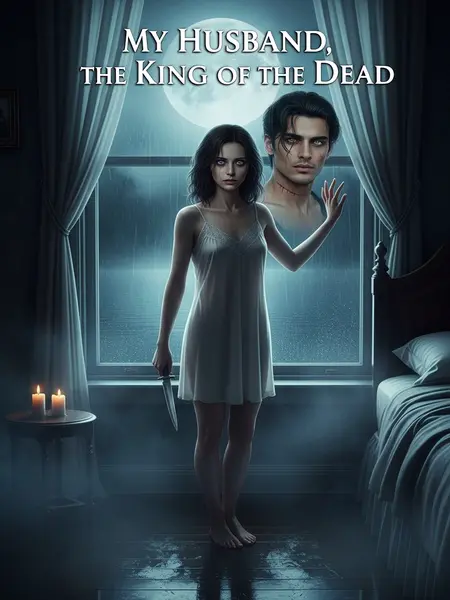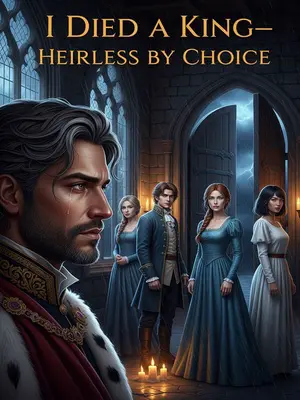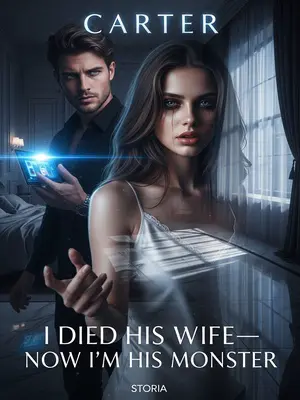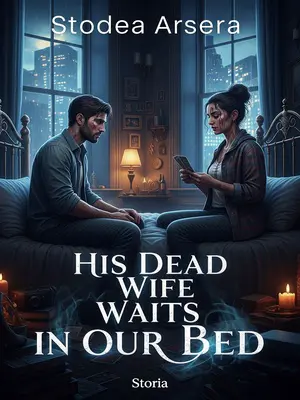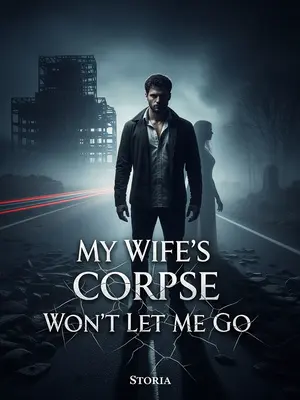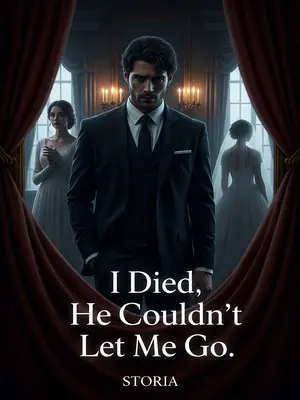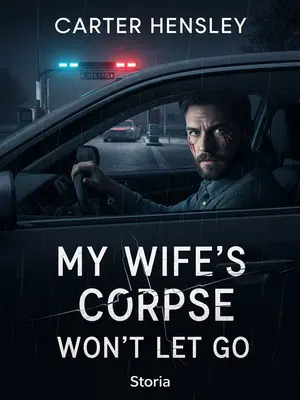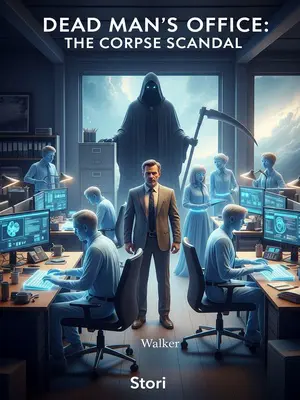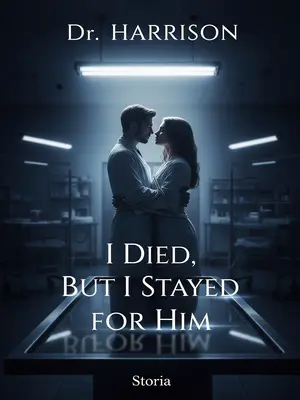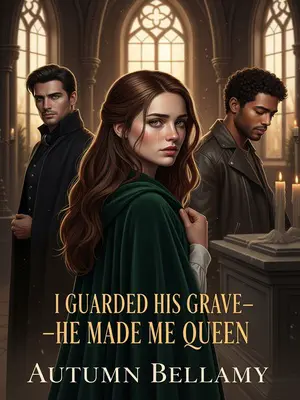Chapter 2: The Curse Beneath the Lake
That night, for the first time, I dreamed I was washing clothes by the backyard lake. The water was pitch black, but suddenly ripples spread across the surface. The air was thick with the scent of mud and wet grass. It clung to my skin, heavy and real.
A beautiful woman with skin like porcelain emerged from the glowing green water. She grinned at me, baring razor-sharp teeth. Her hair floated around her head like a halo, but her eyes were wild—hungry.
“Your husband is a fake…”
I screamed and tumbled onto the muddy bank. My hands sank into the cold, wet earth, nails caked with dirt. My heart felt like it would explode.
Her body stretched tall, revealing a fish tail covered in shimmering blue scales—just like the mermaids in old storybooks. The scales glittered, even in the dream’s dim light. I couldn’t look away.
Her eyes were sly and strange as she began to sing in a low, haunting voice: “The real Caleb Whitaker is at the bottom of the lake… waiting for you to come home… come home…” Her voice echoed around the lake, sending chills down my spine. My breath caught in my throat.
She slithered like a water snake, flicking her tongue. “He feeds on human hearts… If you want to break the curse, come find me at the bottom of the backyard lake.” Her words lingered in the air, thick as fog. I shivered, unable to move.
With a wicked grin, she shoved me into the deep, cold water. For a split second, the shock of it hit me—then I snapped awake.
The chill shot straight to my bones. I thrashed, panicked, and jolted awake from the dream. My sheets were tangled around me like seaweed, clinging and suffocating.
I was drenched in sweat, as if I’d been dunked in icy water. My nightgown clung to my skin, and I shivered uncontrollably. The cold wouldn’t let me go.
I couldn’t shake the last image from my dream: a pale face at the bottom of the lake, staring up at me, desperate. Those empty eyes haunted me long after I woke. I couldn’t get them out of my mind.
My gut told me that was the real Caleb Whitaker. My heart pounded in my chest, loud and erratic. Fear settled in, deep and unyielding.
I lay in bed, gasping for air… My lungs felt tight. The room pressed in on me, walls closing like a coffin.
Suddenly, a burning-hot hand slid around my waist from behind. I stiffened, heart leaping into my throat. My breath stopped short.
“What’s wrong?” Caleb’s voice was rough, edged with irritation at being woken up. In the darkness, his words felt heavier, pressing down on me.
His hand pressed against my back, slowly sliding up to the nape of my neck. The touch was both possessive and threatening. I felt trapped, pinned in place.
I’d heard the butcher say that spot was a person’s weak point—one hit and you’re done for. The memory flashed through my mind, making me shudder, my skin prickling.
For some reason, I was terrified. His kisses felt just like a predator marking prey at its most vulnerable spot. Every nerve in my body was on edge. My hands shook beneath the covers.
I didn’t answer, just closed my eyes and replayed every memory I had of Caleb Whitaker. Each memory felt twisted, out of focus, like I was watching someone else’s life.
He was a scholar, but late at night I’d sometimes feel scars all over his back. And below his narrow waist was a long, hidden wound. I’d traced those scars with my fingers, feeling the stories they held, wondering what he’d survived.
He never minded my touch—except there. That spot was forbidden. If I lingered, his whole body would tense, and he’d push me away. The rejection stung every time.
I believed in God. One day, Caleb came home, stood before the family Bible for a long time, and said flatly, “You should just throw this thing out.” His voice was cold, dismissive, like he was talking about trash. The words chilled me to the core.
That afternoon, as I moved the Bible outside, a fine crack appeared in its spine. The moment it hit the porch, it split apart. The pages fluttered in the wind, scattering like white feathers. My stomach dropped as I watched them go.
Afterward, Caleb fell ill for days, bedridden and refusing to see anyone. I nursed him back to health, spoonful by spoonful. The air in the house was thick with worry—and something darker I couldn’t name. Every shadow seemed to whisper.
Mrs. Jenkins next door loved to gossip about ghosts. When she heard about the broken Bible, her face turned grave. I could feel a shiver run down my back.
“Girl, you’ve got something evil in your house—one so strong not even the Lord can chase it out. Better call a preacher to take a look.” Her words sent a chill through me, her eyes wide with fear. I hugged myself, not sure what to believe.
That night, I told Caleb what I was thinking. To win his approval, I was extra attentive, and paid the price for it—his coldness, the ache in my body. The silence afterward was suffocating, pressing in from all sides.
Caleb looked at me gently and asked where the preacher lived. His eyes were unreadable—a flicker of something dark behind them, gone before I could name it.
The next day, the preacher died suddenly of a strange illness, and that was the end of that. The whole town buzzed with rumors, but no one dared speak the truth aloud. The air was thick with fear.
A day later, I heard a story. It came from the old men who gathered outside the hardware store, voices low and urgent. The smell of pipe smoke drifted on the breeze.
A hundred years ago, a big case rocked this part of the county. A handsome man married into a wealthy family, but after being humiliated by his father-in-law, he slaughtered his wife and her entire family in one night, then set himself on fire at the gate. The horror still lingered in the air.
They said his soul, twisted by rage, could never be laid to rest. Folks still crossed themselves when passing the old Whitaker property. My hands shook just thinking about it.
Looking back, I realized I’d sensed something off for a long time—just waiting for someone or something to tear away the last veil. The truth was always lurking, just out of reach. It sent a chill through me.
The evil in my house—most of the time, it was Caleb Whitaker. The realization settled heavy in my chest, cold and suffocating.
